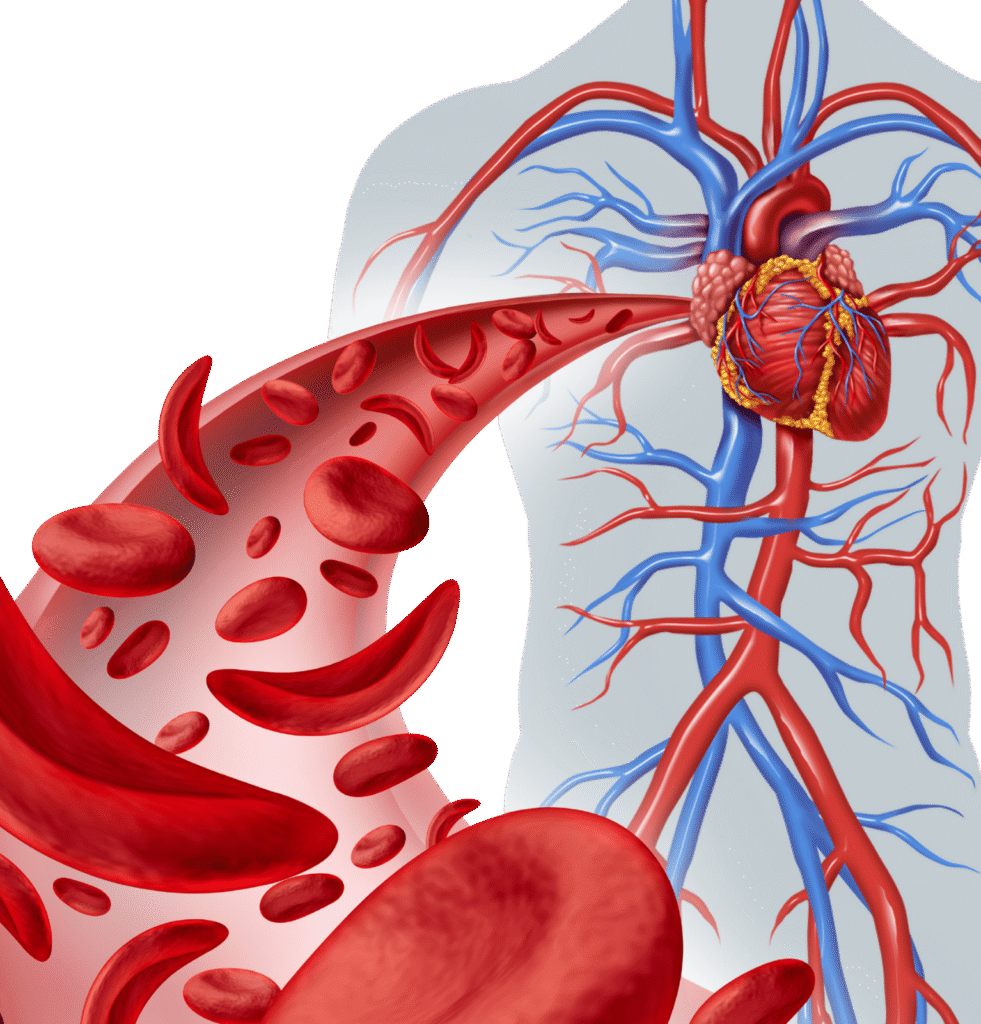Vaccine Efficacy
"Vaccine efficacy" is a term used in clinical trials to measure how well a vaccine prevents disease in a controlled, ideal setting (e.g., a randomized controlled trial). It quantifies the proportionate reduction in disease incidence in a vaccinated group compared to an unvaccinated (placebo) group under optimal conditions.
Key Concepts of Vaccine Efficacy
It is a measure of the direct protective effect of the vaccine.
Ideal Conditions
Efficacy is typically measured in carefully designed clinical trials (Phase 3 trials) where participants are randomized to receive either the vaccine or a placebo. The conditions are highly controlled, and participants are often healthy and carefully selected.
Reduction in Risk
It's calculated as the percentage reduction in the incidence of the disease among vaccinated individuals compared to unvaccinated individuals.
Formula: Vaccine Efficacy (%) = (Risk in Unvaccinated GroupRisk in Unvaccinated Group− Risk in Vaccinated Group) × 100%
- Example: If 100 people in a placebo group get sick, and 10 people in a vaccinated group get sick, the efficacy is (100-10)/100 = 90%.
Biological Effect
It reflects the biological effect of the vaccine in stimulating a protective immune response.

Specific Endpoints
Efficacy can be measured against various endpoints:
- Preventing any infection (even asymptomatic).
- Preventing symptomatic disease.
- Preventing severe disease, hospitalization, or death. (Often, vaccines are more effective at preventing severe outcomes than mild infection).
Vaccine Efficacy vs. Vaccine Effectiveness
It’s important to distinguish vaccine efficacy from vaccine effectiveness:
- Vaccine Efficacy: Measured in clinical trials (ideal, controlled settings).
- Vaccine Effectiveness: Measured in real-world settings (observational studies, public health programs). Effectiveness can be lower than efficacy due to factors like variations in population health, adherence to vaccination schedules, different circulating strains of the pathogen, and real-world compliance.
Importance of Vaccine Efficacy Data
- Regulatory Approval: High vaccine efficacy is a key criterion for regulatory bodies (like FDA, EMA) to approve a vaccine for public use.
- Public Health Decision-Making: Informs public health authorities about the potential impact of a vaccine on disease incidence and helps guide vaccination strategies.
- Trust and Acceptance: Clear data on efficacy helps build public trust in vaccines.
- Further Research: Efficacy data guides further research into vaccine improvements, booster doses, or new vaccine candidates.
Vaccine efficacy is a rigorous scientific measure from clinical trials that quantifies a vaccine’s ability to prevent disease under ideal conditions, with diagnostic laboratories providing the essential tools to confirm infections and assess immune responses.
How is Vaccine Efficacy Determined (Role of Diagnostic Lab):
Diagnostic laboratories are absolutely critical in determining vaccine efficacy in clinical trials:
- Confirmation of Infection:
- When participants in a trial develop symptoms, the lab performs definitive diagnostic tests (e.g., PCR for viral infections, culture for bacterial infections) to confirm whether they actually have the disease the vaccine is designed to prevent. This is essential for accurately counting “cases” in both the vaccinated and unvaccinated groups.
- For example, in a COVID-19 vaccine trial, if a participant develops a cough, a nasopharyngeal swab would be sent for SARS-CoV-2 PCR to confirm infection.
- Serological Testing (Immunogenicity):
- The lab measures the immune response generated by the vaccine. This involves:
- Measuring antibody titers (e.g., neutralizing antibodies, binding antibodies) before and after vaccination. A robust antibody response indicates immunogenicity.
- Assessing T-cell responses (e.g., ELISpot assays) which are also crucial for protection.
- While immunogenicity doesn’t directly equal efficacy, a strong immune response is a good predictor of protection and helps understand the vaccine’s mechanism of action.
- The lab measures the immune response generated by the vaccine. This involves:
- Genomic Sequencing (for evolving pathogens):
- For pathogens like influenza or SARS-CoV-2, the lab may perform genomic sequencing on samples from infected participants. This helps determine if the vaccine is effective against specific variants or strains circulating during the trial.
- Quality Control and Standardization:
- Diagnostic labs ensure that all tests used in the trial are highly accurate, sensitive, and specific, and that methods are standardized across different sites to ensure reliable data.

